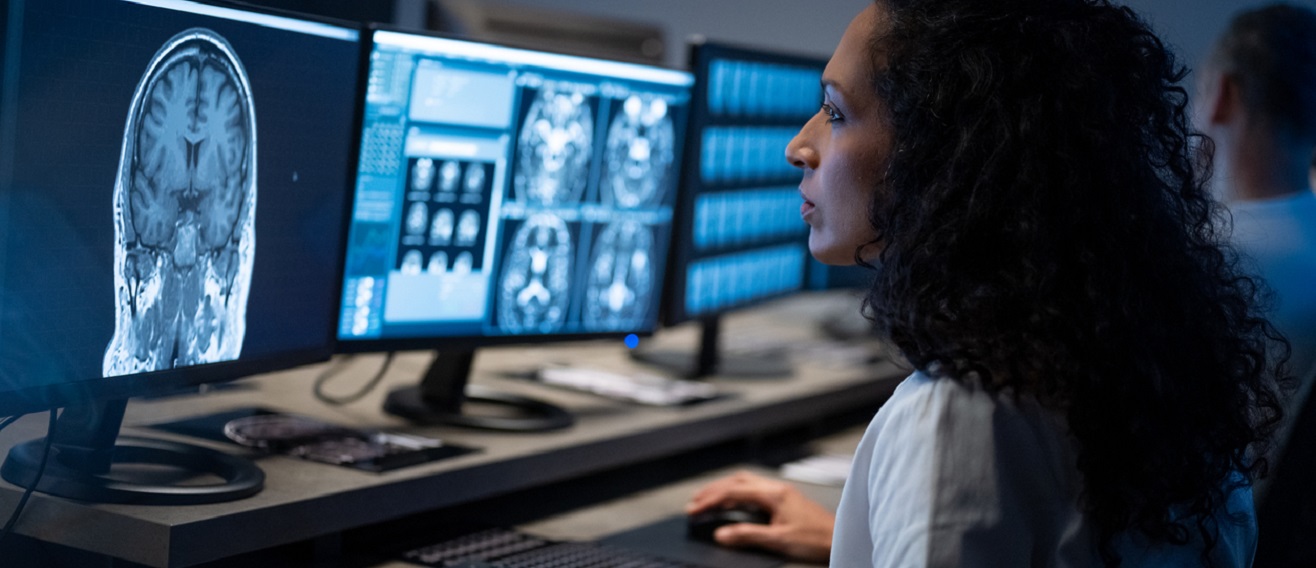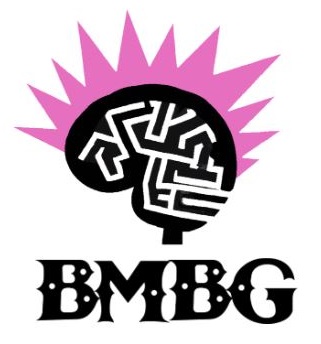
Brain Mind and Behaviour Group
The Brain Mind and Behaviour Group brings together academics with an interest in cognitive neuroscience. Using neuroscientific tools such as MRI, EEG, eye-tracking, and neuropsychological testing, we strive to understand the links between brain activity, cognitive processes, behaviour and subjective experience. The group nurtures cognitive neuroscience skills at LSBU.
The BMBG is the centre of cognitive neuroscience research at LSBU. Cognitive neuroscience is the study of the biological processes that underlie cognition and drive behaviour. Our group uses neuroscientific tools including electroencephalography (EEG), eye-tracking, neuropsychological testing for research with brain injured patient populations. We work with collaborators locally, nationally, and internationally.
We are proud to have developed an open, collaborative and supportive network to facilitate others to engage with cognitive neuroscience research methods. Our framework includes developing hands-on laboratory experience, advanced technical, analytical, and programming skills that are essential for brain and behavioural research.
Contact us
If you are interested in taking part in our research or in collaborating with us, please get in touch with us (carruse@lsbu.ac.uk). We also offer internships and research placements for students who are passionate in cognitive neuroscience, so do get in touch if interested.
Several research teams make up the Brain Mind and Behaviour Group:
1. Psychology of Music
The Psychology of Music Team, led by Dr Elisa Carrus, is primarily interested in studying music to inform our understanding of how we communicate and interact with others, express emotions, and how music may influence our decisions and behaviours
2. Memory & Brain Development
The Memory and Brain Development Team, led by Dr Rachael Elward, investigates the brain process that support memory in young children and adults. The research involves working with people with Developmental Amnesia, who suffered brain injury in early life that prevents the development of memory, as well as typically developing people.
3. Situated and Embodied Perception
The Situated and Embodied Perception Team, led by Rita de Oliveira, investigates the impact of environmental contexts on the perception, cognition and actions of individuals. The research involves the use of eye-tracking in natural and virtual environments.
4. Attention Training in Attention Deficit/Hyperactivity Disorder (ADHD)
The Attention Training in ADHD Team, led by Dr Rachel Teodorini, investigates the impact of a specific form of attention training on individuals diagnosed with inattentive and combined types of ADHD. The research involves the use of computer tests and an electroencephalogram (EEG) to measure changes in attention before and after the attention training program.
- The UCL Great Ormond Street Institute of Child Health
- University of Padua’ JDM Lab
- Goldsmiths’ Cognition and Neuroscience group (C2N)
- The University of Notre Dame
- The University of Cambridge
